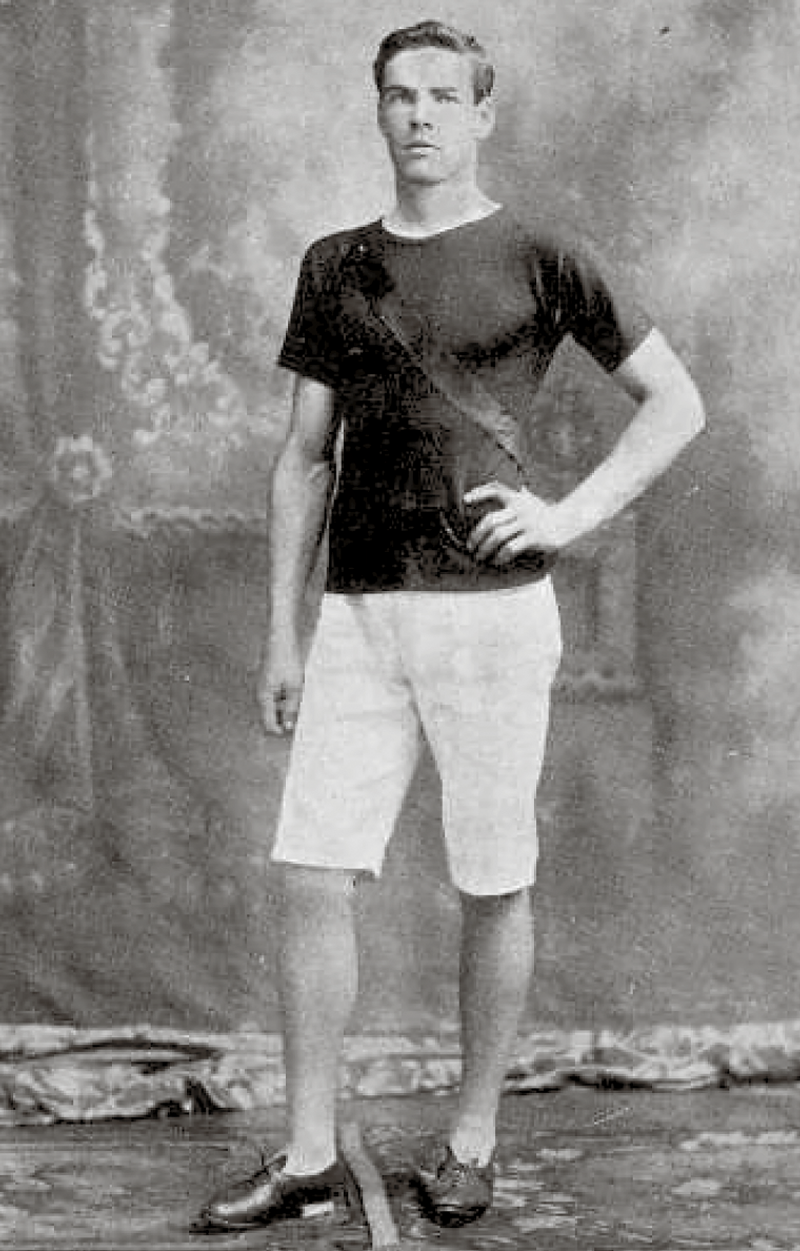Contact

Class of 1909
JJ or Jack Savage was by anyone’s measure an outstanding all-rounder who came up through the college ranks of CBC Perth, graduating in 1911. He really made the most of his time and represented the school in Athletics, Football, Rowing, Swimming and Cricket. Academically he was equally impressive during the last three of his eight years at the school, performing regularly in the top ten of the State academically.
He was a member of the East Perth league Football team and held the amateur half-mile running championship for WA. In Rowing, he was stroke of the 1909 team which established the mile record on the river and represented WA in the interstate Rowing championships in Tasmania. So good was he on the field that then Governor Bedford was quoted in The West Australian as saying: “We must get rid of this Savage or the other schools won’t get a look in!” It was his Rowing, however, which nearly got him into deep water during his Rhodes Scholarship. He was asked to row for Oxford in 1912, and would have done so had he not had an unfortunate fall on his bike. That year was famously a good year to miss being in the winning team of the world’s most famous boat race. The weather was so bad both boats sank! Although Oxford emptied its boat and managed to finish. When the race was rerun the following Monday, Oxford won by the biggest margin in its history in similarly terrible conditions.
Jack graduated in Medicine and became a member of the Royal College of Surgeons. Inevitably, the war claimed his career and he served in Ireland in the Royal Air Force. He was a man of principal and ideas who was hugely popular with others because of his wide range of interests and abilities. A press report from The West Australian said at the time: “The most striking impression he had gained while abroad was the remarkable strength of the British Empire and the reputation which it gave its members for financial integrity.”
The unfairness of trade agreements that disadvantaged members of the Commonwealth like Australia struck him as a complete injustice. Although wishing to change the world through politics, he returned to WA and served many years as a much-loved doctor in Narrogin. Very sadly, he died of a heart attack in 1948.


